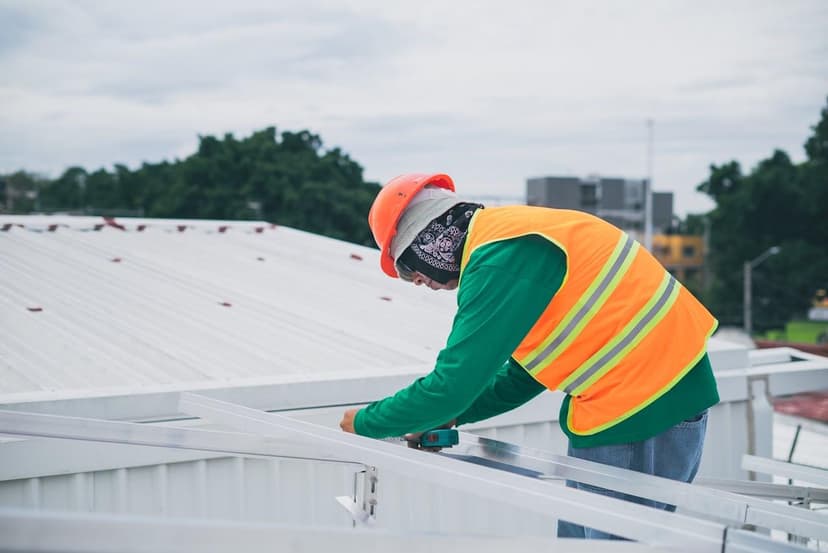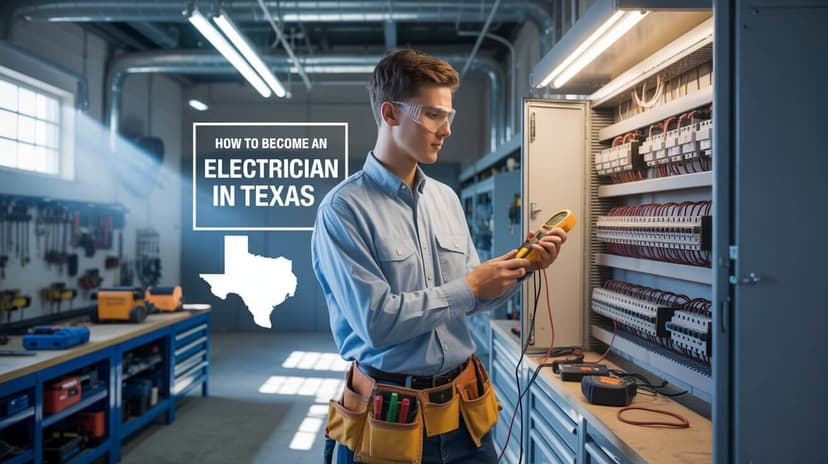So you need an electrician, and everyone's telling you to "make sure they're licensed." But what does that actually mean? And more importantly, how do you know if someone's legit or just trying to make a quick buck off your electrical problems?
I've seen too many homeowners get burned by unlicensed "electricians" who leave behind dangerous work and disappear when things go wrong. This guide will help you avoid that nightmare.
What's the Deal with Electrical Licenses Anyway?
Think of an electrical license like a driver's license, but for people who mess around with the stuff that can literally kill you if done wrong. It means they've:
- Spent years learning the trade (not just watching YouTube videos)
- Passed tests that would make your head spin
- Know the electrical codes that keep your house from burning down
- Can actually get permits when needed
Without a license, they're basically just someone with tools and confidence – which is terrifying when we're talking about electricity.
The Different Types of Electrical Licenses (Yes, There Are Multiple)
Apprentice Electricians - The Rookies
These are the new guys who are still learning. They can't work alone and need someone experienced watching over them. Nothing wrong with apprentices – we all started somewhere – but you should know if that's who's working on your stuff.
Most apprentices need to complete around 8,000 hours of on-the-job training. That's basically four years of full-time work before they can move up.
Journeyman Electricians - The Workhorses
This is your bread-and-butter electrician. They've put in their time, passed their tests, and can handle most electrical work without someone breathing down their neck. For most home projects, a journeyman is exactly what you need.
Getting to journeyman level isn't easy – it typically takes 4-6 years of training and experience, plus passing a comprehensive exam that covers everything from basic wiring to complex electrical theory.
Master Electricians - The Big Shots
These are the electricians who've seen it all and can handle the really complicated stuff. They can supervise other electricians, design electrical systems, and usually run their own businesses. They've earned the right to charge premium rates.
Electrical Contractors - The Business Owners
This is where it gets confusing. An electrical contractor license lets someone run an electrical business, hire other electricians, and bid on big projects. The person running the company might be a master electrician, or they might just be good at business and have master electricians working for them.
State-by-State Licensing (Because Nothing's Ever Simple)
Here's where things get messy – every state does licensing differently. What flies in Texas might get you in trouble in California.
California's Approach
California has their own system through the Division of Labor Standards Enforcement. They've got trainee, general, and certified electrician levels. If you want to run an electrical business, you need that C-10 contractor license through a completely different agency. Typical California – making everything complicated.
Texas Keeps It Straightforward
Texas handles everything through one department – the Texas Department of Licensing and Regulation. They've got apprentice, journeyman, master, and contractor licenses. Plus, Texas plays nice with other states, so electricians licensed elsewhere might be able to work there without jumping through extra hoops.
Florida's Double Whammy
Florida requires both state licensing AND local licensing in many areas. So an electrician might be licensed with the state but still can't work in your city without additional permits. Always check local requirements.
New York's Chaos
New York is all over the place. New York City has its own rules, Long Island has different rules, and upstate follows yet another set of guidelines. Good luck figuring that out.
How to Actually Check if an Electrician is Licensed
Most states have online lookup tools where you can punch in an electrician's name or license number and see if they're legit. These databases usually show:
- Current license status
- When it expires
- Any complaints or violations
- What type of work they're allowed to do
What to Ask Your Electrician
Don't be shy about asking for:
- Their license number
- Proof of insurance
- References from recent jobs
- Whether they'll pull permits (if required)
If they get defensive or can't provide this info, that's a red flag the size of Texas.
Warning Signs of Unlicensed "Electricians"
Run away if they:
- Show up at your door offering cheap electrical work
- Can't provide a license number
- Want cash only
- Say permits aren't necessary (when they clearly are)
- Give you a price that seems too good to be true
Why Licensed Electricians Are Worth the Extra Cost
Your House Won't Burn Down
Licensed electricians know the codes that prevent electrical fires. Unlicensed work is one of the leading causes of house fires. Is saving a hundred bucks worth losing everything you own?
Insurance Actually Covers You
Many insurance companies won't pay claims for damage caused by unlicensed electrical work. You could be stuck holding the bag for thousands in damages.
You Can Actually Hold Them Accountable
Licensed electricians answer to state boards. If they screw up, you have recourse. Unlicensed guys? Good luck tracking them down when something goes wrong.
The Work Gets Done Right
Licensed electricians have reputations to protect. They're not going to risk their license over cutting corners on your job.
Where to Find Licensed Electricians Who Won't Rip You Off
Online Directories That Actually Work
Sites like GetElectricalJobs.com pre-screen electricians and only list licensed professionals. It beats playing license-verification detective on your own.
Old-School Referrals
Ask people you trust:
- Your neighbors (especially if they've had electrical work done recently)
- Local hardware stores
- Your general contractor
- Real estate agents (they know who does good work)
Professional Organizations
Groups like NECA (National Electrical Contractors Association) have member directories. Their members have to maintain certain standards to keep their membership.
What Electrical Work Actually Costs (So You Don't Get Gouged)
Hourly Rates Reality Check
- Apprentices: $25-$40/hour
- Journeymen: $40-$75/hour
- Master electricians: $75-$125/hour
These rates vary wildly by location. What's cheap in rural Kansas might be a steal in San Francisco.
Why Licensed Electricians Cost More
They're not just charging for labor. You're paying for:
- Years of training and experience
- Insurance and bonding
- Continuing education to stay current
- The ability to get permits and pass inspections
- Someone who'll stand behind their work
Keeping Up with License Requirements
Renewal Isn't Automatic
Most electrical licenses expire every 1-3 years. Licensed electricians have to:
- Pay renewal fees
- Complete continuing education
- Maintain insurance
- Stay out of trouble with the licensing board
Why This Matters to You
An expired license is basically no license. Always check that your electrician's credentials are current before they start work.
The Bottom Line
Electrical work isn't something to mess around with. Sure, licensed electricians cost more upfront, but they're worth every penny when you consider the alternative – unsafe work that could burn down your house or get someone killed.
When you're looking for an electrician, don't just go with the cheapest bid. Check their license, verify their insurance, and make sure they're someone you can hold accountable if things go wrong.
Need help finding licensed electricians in your area? That's exactly what GetElectricalJobs.com is for – connecting you with pre-screened, licensed professionals who actually know what they're doing.
Remember: your electrical system keeps your lights on, your appliances running, and your family safe. Don't trust it to just anyone with a toolbox.



